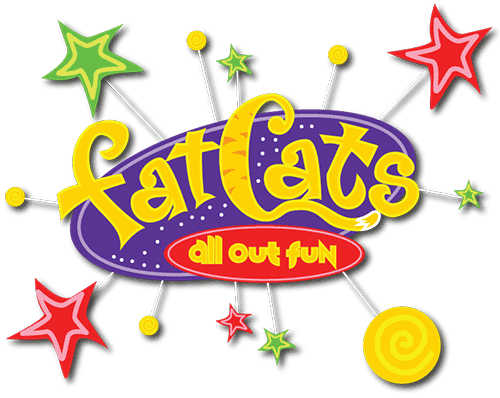“Glass” shatters to reveal unexpected layers
Published atOn the surface, “Glass” is an entertaining if deliberately-paced and low key superhero yarn. It features effective acting, tension, drama and tons of mood. It takes a very interesting concept, that comic books are based on real superhumans walking among us, and renders it in a thoughtful way. Taken on that level, “Glass” works pretty well. However, one can find other, deeper levels of meaning in “Glass” if one cares to look.
“Glass” is the third film in writer/director M. Night Shyamalan’s “Eastrail #177 Trilogy,” which began with “Unbreakable” in 2000 and continued with “Split” in 2016. The film carries over super-strong David Dunn (Bruce Willis), super-brilliant Elijah Price a.k.a. Mr. Glass (Samuel L. Jackson) and the mass of personalities inside Kevin Wendell Crumb known as The Horde (James McAvoy) and strands the three of them in a mental institution under the watch of Dr. Ellie Staple (Sarah Paulson). Will they be stuck in the institution for life or will they break out and reveal their abilities to the world?
This film rides more on the characters and character revelations than massive action beats or the mechanics of the plot. It unspools slowly, with tension building from scene to scene until all the game pieces are in the right places and the big finish begins. “Glass” is about strategy as much as it is about the characters and their abilities.
“Glass” is also all about Shyamalan, the man in the director’s chair. Love him or hate him, the dude has a distinct personality as a filmmaker and “Glass” reflects this personality. Like Shyamalan’s other films, “Glass” features the director’s use of pacing to create tension, his use of the color palette to create mood, and his favoring of camera movement over cutting together a lot of shots in action scenes. This display of directorial personality gives the film an additional layer of intimacy and authorship we don’t get in the usual mainstream Hollywood production.
Speaking of layers, getting into “Glass” reveals some interesting strata of meanings if you’re willing to look for them. One that I’ve been thinking about since I saw the film is the idea that society tries to isolate and beat down individuals that stand out too much from the crowd. Another layer is how easily evil can deceive if it wears an attractive, altruistic face. Finding and pulling these threads of meaning from the overall tapestry that is “Glass” is a real treat.
Then again, if you’re just looking for entertainment, you can just watch the cast. McAvoy is worth the price of admission all by himself. He cycles through different personalities in a way that’s so convincing, it’s hard to believe he doesn’t actually suffer from a dissociative identity disorder. Paulson is so warm and kind, it’s a little discomforting. Exactly as she needs to be. Willis and Jackson both have some good moments, although Jackson doesn’t do much early on.
As far as flaws, the slow pacing of “Glass” can be a grind to get through. If you can hang in there, however, the climax rewards you. The film also suffers from multiple endings, like the final “Lord of the Rings” installment, with the film feeling like it should end two scenes before it actually does. Still, “Glass” has a little more depth and meaning to dig into than the typical Hollywood cash grab and you can have fun with it if you’re looking for an interesting take on superheroes, too.
4 Indy Fedoras out of 5
MPAA Rating: PG-13
Thanks to Fat Cats in Rexburg for providing screenings for movie reviews on EastIdahoNews.com.
EastIdahoNews.com comment boards are a place for open, honest, and civil communication between readers regarding the news of the day and issues facing our communities. We encourage commenters to stay on topic, use positive and constructive language, and be empathetic to the feelings of other commenters. THINK BEFORE YOU POST. Click here for more details on our commenting rules.




